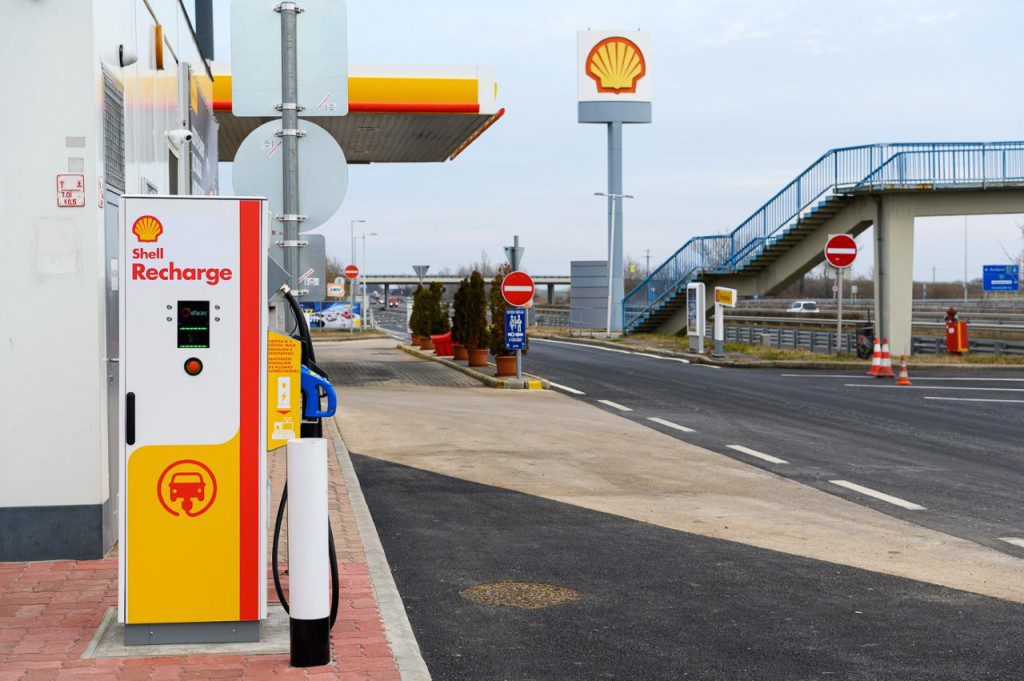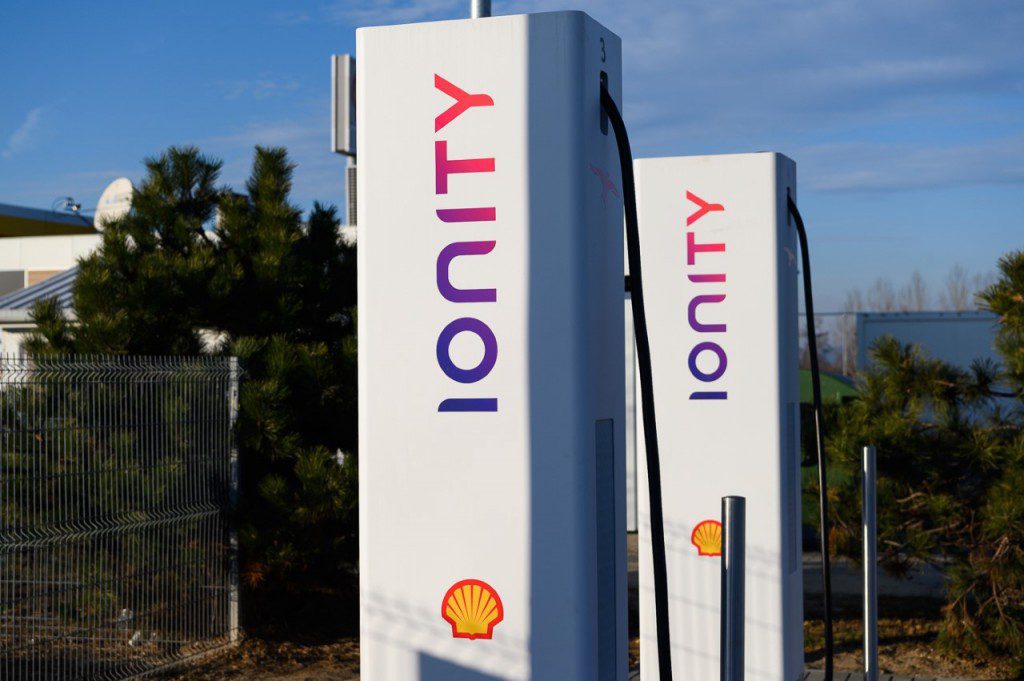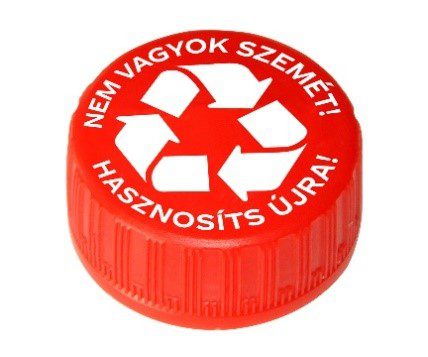Unilever contributes more than €100m to continue helping people affected around the world
London/Rotterdam. Unilever, the consumer goods manufacturer of brands including Dove, Knorr, Omo and Lifebuoy, today announced a wide-ranging set of measures to support global and national efforts to tackle the coronavirus (Covid-19) pandemic.
The company’s actions are designed to help protect the lives and livelihoods of its multiple stakeholders – including its consumers and communities, its customers and suppliers, and its workforce.
Consumers and communities
Unilever will contribute €100m to help the fight against the pandemic through donations of soap, sanitiser, bleach and food. This includes:
A product donation of soaps and sanitiser of at least €50m to the COVID Action Platform of the World Economic Forum, which is supporting global health organisations and agencies with their response to the emergency. In addition to the supply of soap, Unilever will adapt its current manufacturing lines to produce sanitiser for use in hospitals, schools and other institutional settings.
Product donations, partnerships and handwashing education programmes, delivered through national health authorities and NGOs, to support local communities most at need.
Customers and suppliers
Unilever will offer €500m of cash flow relief to support livelihoods across its extended value chain, through:
Early payment for our most vulnerable small and medium sized suppliers, to help them with financial liquidity.
Extending credit to selected small-scale retail customers whose business relies on Unilever, to help them manage and protect jobs.
Workforce
Unilever will protect its workforce from sudden drops in pay, as a result of market disruption or being unable to perform their role, for up to three months. We will cover our employees, contractors and others who we manage or who work on our sites, on a full or part-time basis. This will apply to workers not already covered by government plans or by their direct employer.
_________________________________________
Alan Jope, CEO Unilever said: “We are deeply saddened by the terrible impact that coronavirus is wreaking on lives and livelihoods everywhere. The world is facing its greatest trial in decades. We have seen the most incredible response from the Unilever team so far, especially those on the front line of our operations in factories, distribution centres and stores.
“We hope that our donation of €100m of soap, sanitiser, bleach and food will make a significant contribution towards protecting people’s lives, and that by helping to safeguard our workers’ incomes and jobs, we are giving some peace of mind during these uncertain times. Our strong cash flow and balance sheet mean that we can, and should, give this additional support.”
Notes to editors
Unilever’s €100m donation of soap, sanitiser, food and bleach is based on the equivalent retail sales value.



 to serve its numerous tenants. Our express goal was to reduce take-out food orders while motivating diners for short open air walks in the Park and to provide a wide variety of freshly prepares meals. At the same time significant reduction of waste is achieved, way less plastic and paper are wasted and less leftovers are generated.
to serve its numerous tenants. Our express goal was to reduce take-out food orders while motivating diners for short open air walks in the Park and to provide a wide variety of freshly prepares meals. At the same time significant reduction of waste is achieved, way less plastic and paper are wasted and less leftovers are generated.
 One of the aims of Coca-Cola’s global Zero Waste World strategy is to collect as many plastic bottles and aluminium cans by 2030 as the amount sold. To advocate selective garbage collection, the company launches a national
One of the aims of Coca-Cola’s global Zero Waste World strategy is to collect as many plastic bottles and aluminium cans by 2030 as the amount sold. To advocate selective garbage collection, the company launches a national  2050. Daikin’s business partners were also introduced to a range of new products and initiatives including the high efficiency, low GWP Daikin mini VRV 5 and the pioneering L∞P by Daikin scheme which reuses refrigerant for new VRV systems.
2050. Daikin’s business partners were also introduced to a range of new products and initiatives including the high efficiency, low GWP Daikin mini VRV 5 and the pioneering L∞P by Daikin scheme which reuses refrigerant for new VRV systems. market solutions that reduce the CO2 footprint of our customers. The key visual representing the VRV Summit consists of three leaves, which together highlight the three most important fields of action: innovation, circular economy and smart control.” – explained Bernard Dehertogh, head of commercial DX products at Daikin Europe.
market solutions that reduce the CO2 footprint of our customers. The key visual representing the VRV Summit consists of three leaves, which together highlight the three most important fields of action: innovation, circular economy and smart control.” – explained Bernard Dehertogh, head of commercial DX products at Daikin Europe.